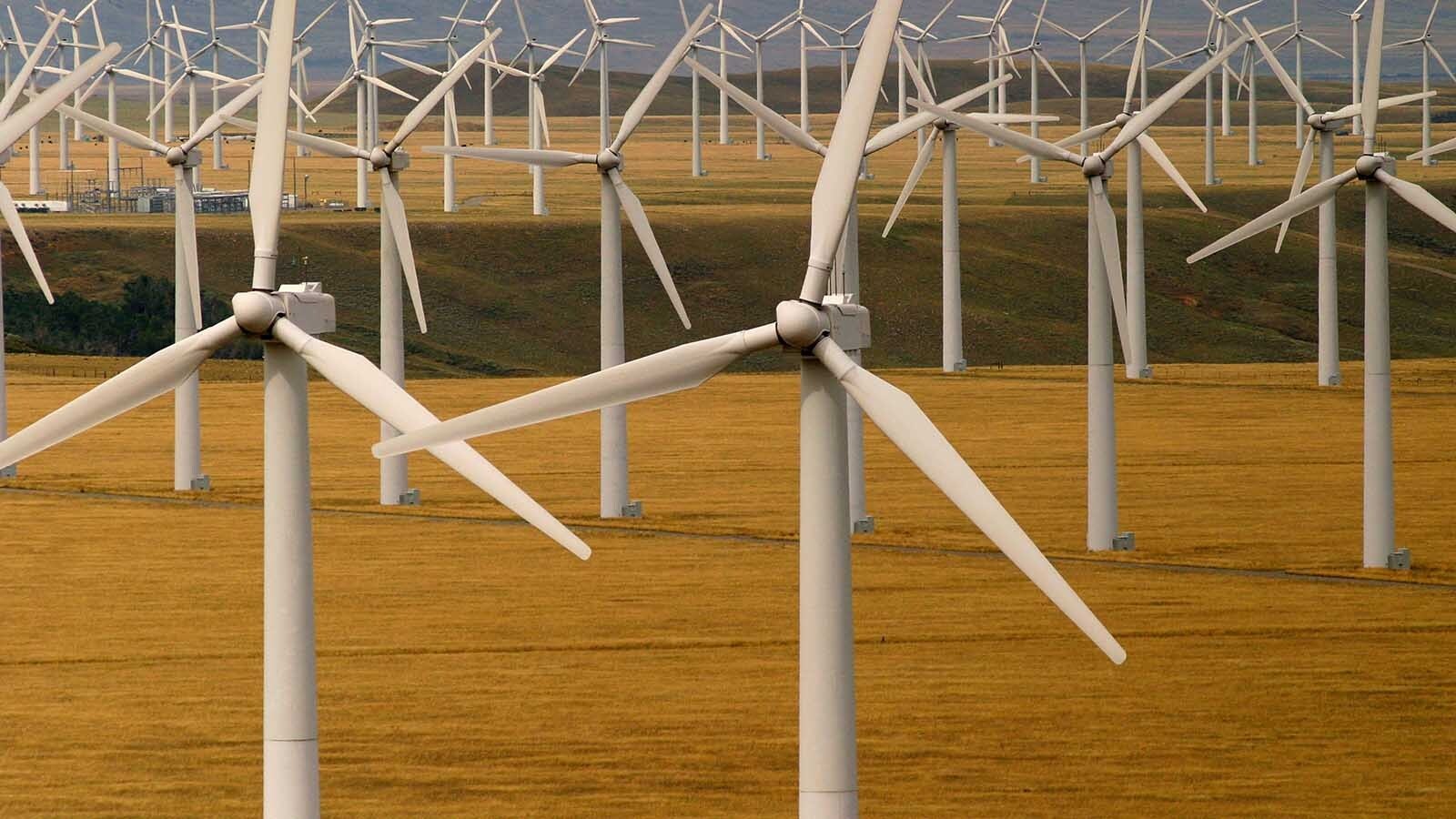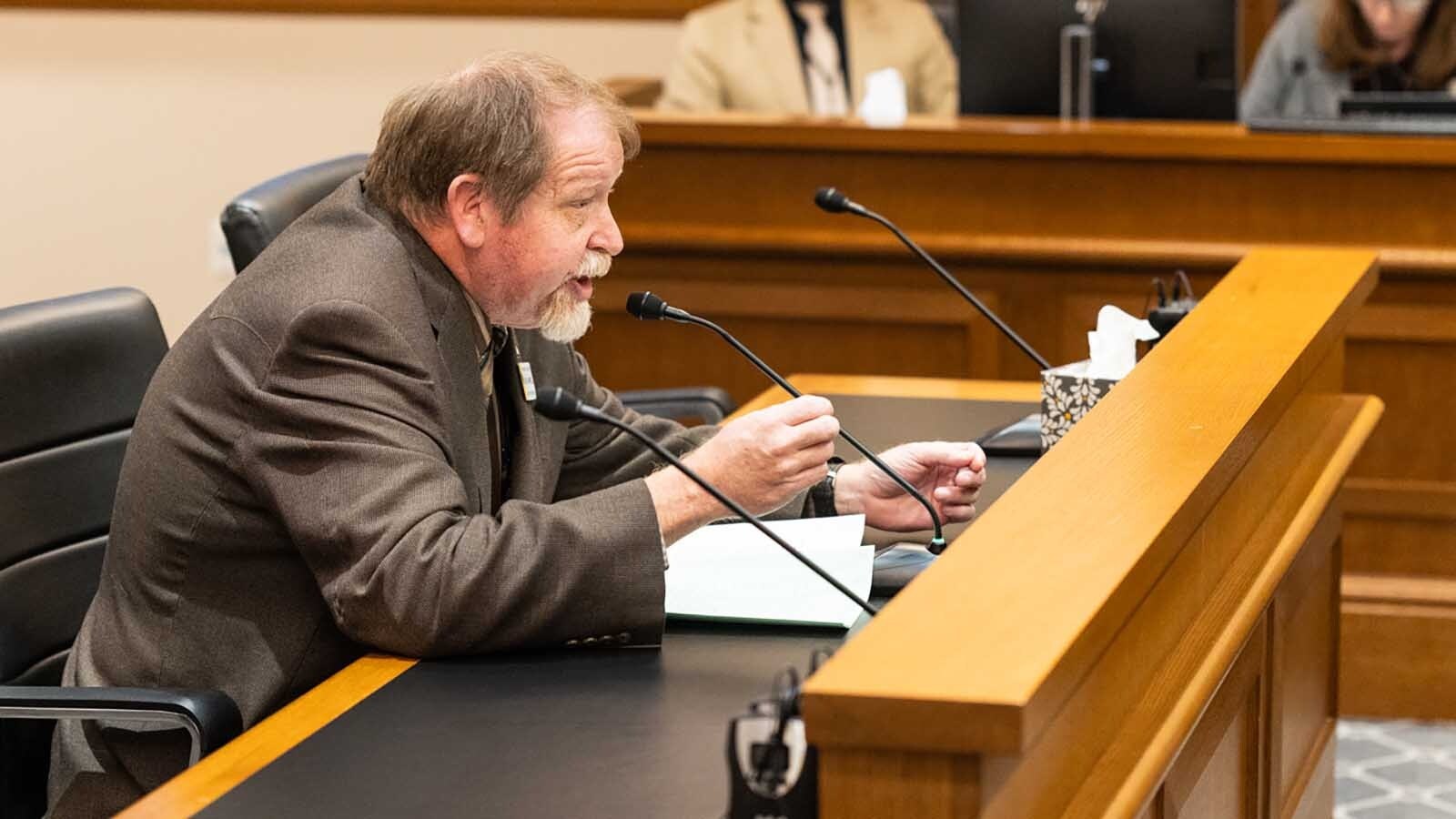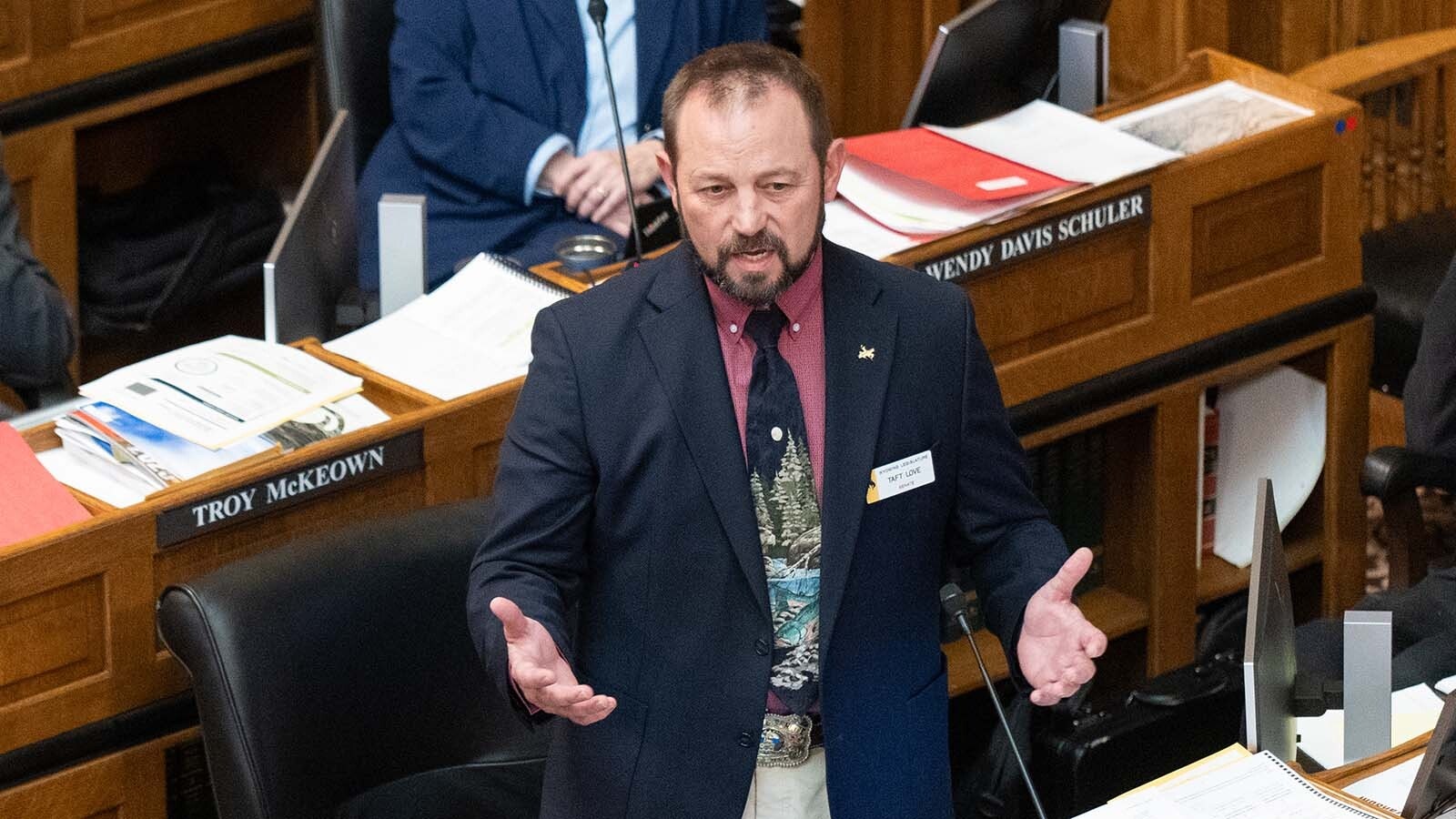When the federal government tried to fire a team of health workers protecting coal miners from Wyoming to West Virginia, a miner named Harry Wiley filed a federal lawsuit, and a federal judge has blocked the firings.
There are about 4,300 coal miners in Wyoming, according to the Wyoming Mining Association, and like Wiley, some of them have black lung.
Wiley worked as a mine electrician in Raleigh County, West Virginia, in the heart of Appalachian coal country. For 38 years, he applied his skills above and below ground, gradually accumulating coal dust in his lungs.
Last November at a local clinic, he was diagnosed with black lung and sought to be approved for what’s called a Part 90 transfer, which would have created a work routine for Wiley that made it easier to avoid further exposure to coal dust.
The Coal Workers’ Health Surveillance Program (CWHSP) helps miners like Wiley achieve a Part 90 transfer. But as Wiley discovered, downsizing at the Department of Health and Human Services turned his calls for help into echoes from an empty mine shaft.
Last week, Judge Irene Berger of the U.S. Southern District of West Virginia ruled in Wiley’s favor by issuing a temporary injunction against the downsizing of CWHSP employees.
Judge Berger’s injunction follows a series of alarm bells sounded by health professionals and coal industry watchdogs that started making noise about the issue last month.
“The Trump administration has ‘temporarily’ paused enforcement of a desperately needed silica rule aimed at combating the rising black lung and silicosis crisis among coal miners,” announced the nonprofit Center for Coalfield Justice. “Coal miners and their advocates have been fighting for decades to lower deadly silica dust exposure levels in the mines.”
The center reported that the Department of Government Efficiency was closing 34 mine safety offices in 19 states, while placing all 25 surveillance program employees on administrative leave.
Then came Wiley’s lawsuit and Judge Berger’s order.
“Firing people does not insulate arbitrary and capricious agency action from review,” wrote Berger, who ordered “the full restoration” of the surveillance program and its work doing job transfers like the one Wiley sought.
The judge also noted the congressional intent of the Coal Mine and Safety Act of 1969, which cited “an urgent need to provide more effective means and measures for improving the working conditions … in order to prevent diseases originating in such mines.”
Wyoming Miners
In 2022, Wyoming reported 25 cases of black lung among its coal miners. That number jumped to 52 this year, possibly because surveillance for the disease continues to improve.
“I like to think it's because we're doing a good job getting the word out there,” Sarah Salveson-Jones told Cowboy State Daily.
Salveson-Jones is the program director of the Northwest Community Action Programs Black Lung Clinic in Sheridan, which is a one-of-a-kind facility in Wyoming.
“When you're out in the coal mine, and you're breathing in coal dust, that gets kind of deep into your lungs and doesn't leave,” said Salveson-Jones.
Sometimes years into retirement, miners “start seeing that decline in their breathing capacity,” she said.
The federal Coal Workers’ Health Surveillance Program routinely screened miners in Wyoming for such declines.
“You may not feel it right away,” said Salveson-Jones. “And a lot of people think, ‘Well, I'm just getting older. I don't have the energy I had five years ago.’
“But I tell everybody, you don't know how much of that is from your natural aging process or your lungs not handling the coal dust that's in there.”
In 2011, there were 7,039 miners working in Wyoming, and though there’s been a gradual decline in the mining workforce since, Wyoming remains the state doing the most — financially speaking — to address the problem of black lung.
Wyoming Payments
Federal law directs coal companies to pay into a Black Lung Disability Trust Fund. Over the years, there’s been debate about the trust fund being underfunded while health care costs rise.
The Wyoming Mining Association said the coal companies it represents pay into the trust fund more than the other big coal-producing states like Pennsylvania, West Virginia, Illinois and Kentucky.
“Mining operations in Wyoming contribute a lion's share to the federal Black Lung Trust fund every year — to the tune of about $130 million,” Travis Deti told Cowboy State Daily. “The black lung fee is based on production, and as the state with the highest production, our operations pay the most.”
As the executive director of the Wyoming Mining Association, Deti tries to keep up with the challenges surrounding the condition.
“It’s a tough issue,” said Deti. “We do have a little bit of black lung in Wyoming, but the majority of it is eastern and underground operations.
“We have no underground mines in Wyoming anymore. We know that it's an issue. The safety of our miners is a priority.”
As for Wiley’s lawsuit and the recent court order, Deti described them as an active situation brought on by the Trump administration’s aggressive government cuts.
“It seems like the administration takes a sledgehammer to everything, and then as these issues arise, they get revisited,” said Deti.
When Cowboy State Daily asked HHS Secretary Robert F. Kennedy Jr.’s office directly about what’s going on with the black lung screening program for Wyoming miners, the response was upbeat.
Kennedy’s spokesperson focused on the National Institute for Occupational Safety and Health (NIOSH), which oversees the black lung surveillance program.
“Secretary Kennedy has been working hard to ensure that the critical functions under NIOSH remain intact,” said Emily G. Hilliard, Kennedy’s press secretary. “The Trump administration is committed to supporting coal miners and firefighters, and under the secretary’s leadership, NIOSH’s essential services will continue as HHS streamlines its operations.
“Ensuring the health and safety of our workforce remains a top priority for the department.”
David Madison can be reached at david@cowboystatedaily.com.





